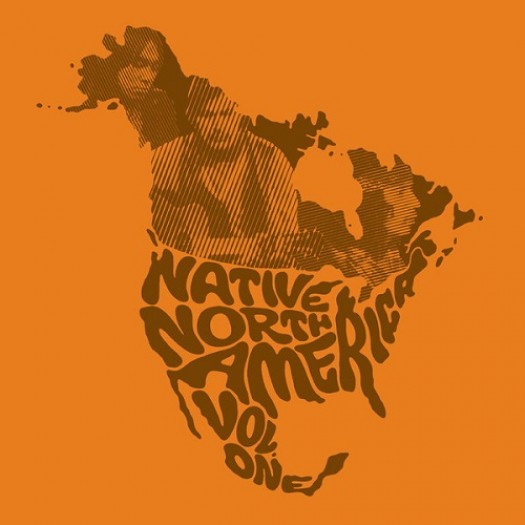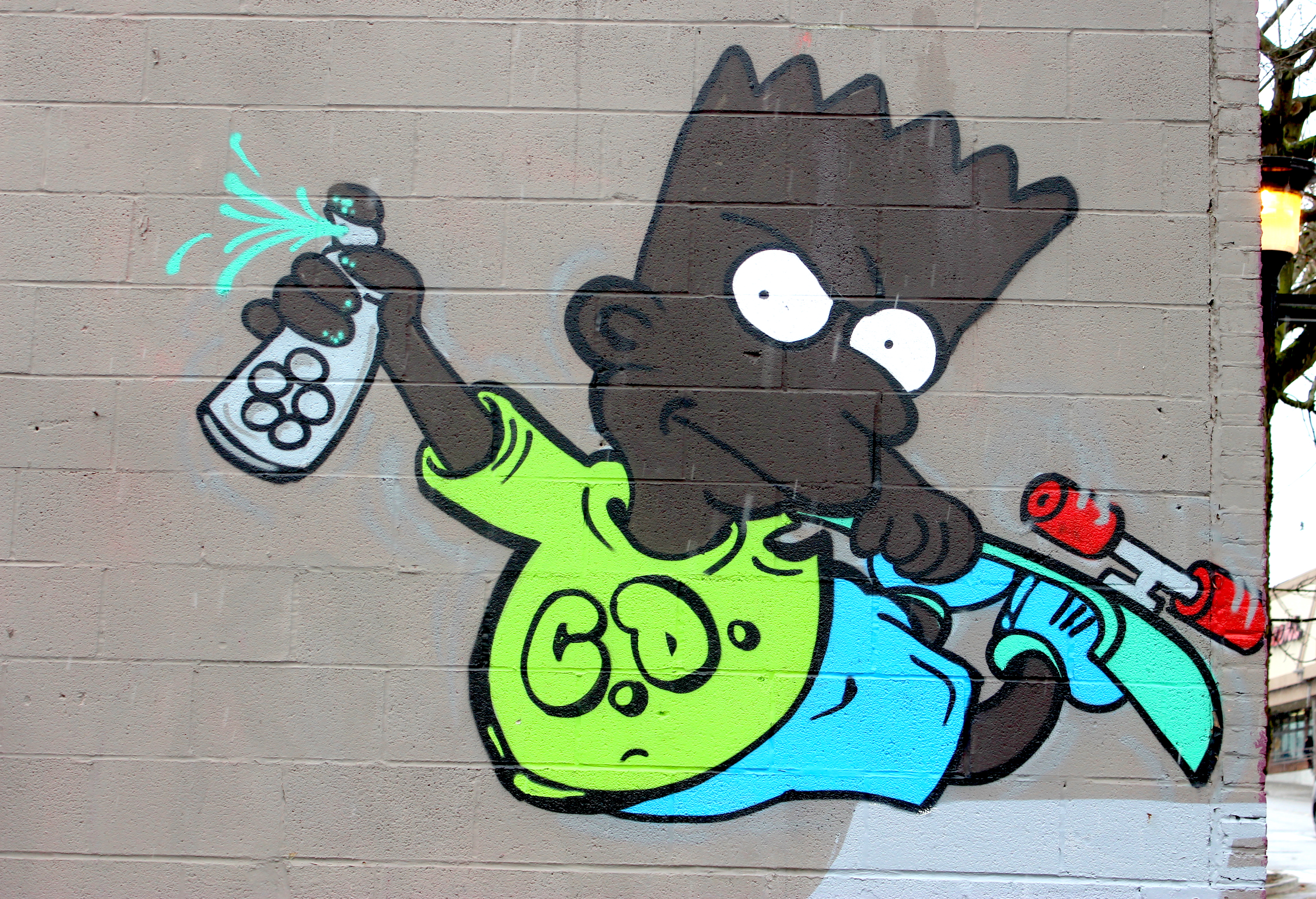Last month, when the Seattle City Council officially changed the name of Columbus Day to Indigenous Peoples Day, native activists present for the decree erupted with cheers, traditional songs, and drumming. While the wave of indigenous activism sweeping the country right now in face of the Keystone XL and Kinder Morgen pipelines, coal trains, and fracking might seem recent, this response to social and environmental injustice actually stretches back to the ’60s and ’70s, when similar issues loomed large in the headlines. And like Neil Young and Crosby, Stills, & Nash, the aboriginal community was making a soundtrack to go with it—you probably just haven’t heard it yet.
“We were young and we were wild with long hair, and were writing this folk and country and rock, it was the biggest feeling of our life,” songwriter Willie Thrasher tells me from his home in Nanaimo, an oceanside city on Vancouver Island. “The music disappeared in the dark for a while, but luckily the music wasn’t forgotten. It’s been brought to light again, and has brought back so many memories about this historic time.”
Thrasher, now in his mid-60s, is one of the many artists featured on Light in the Attic’s new compilation, Native North America (Vol. 1): Aboriginal Folk, Rock, and Country 1966–1985 (out now, lightintheattic.net). It’s the result of a 15-year-long project by Kevin Howes, a Vancouver DJ who painstakingly collected indigenous recordings after he was inspired by a Willie Dunn record he fell in love with. The songs tell tales of human rights, environmental degradation, and the quest to reawaken Native spirituality and tradition after centuries of cultural suppression.
Howes’ quest to find the records led him over thousands of miles across North America—a journey that nearly got him arrested, almost mauled by dogs, and stuck in the mud in a rural Hutterite colony without phone reception, where he later found a record he was searching for by chance in an old farmhouse cabinet. In one long-shot attempt to reach an artist, Howes asked a community radio station to put out a call on the airwaves in the Inuktitut language, which to his surprise actually worked.
“It’s an honor to be able to share these artists’ music, give their work context, and tell their stories, just to preserve these records that were nearly extinct,” Howes says, who also authored the 120-page liner-note booklet detailing each artist’s fascinating history. “These records weren’t pressed in large numbers, and to be able to protect this history is so important. These were the trailblazers; the things they are singing about are still so relevant today.”
Thrasher, who has three songs included on the compilation, was sent to residential schools in his native Northwest Territories. His hair was forcibly cut, and he wasn’t allowed to follow his traditional Inuit ways. “That’s what changed my life forever. My spirit was gone, my inner child,” he says. “Then suddenly one day I went to the gym in school, and there were drums there. Then the movie A Hard Day’s Night came out, and I saw Ringo and he became my favorite Beatle. He gave me a lot of strength to carry on drumming; it kept me away from the loneliness of losing my family, from being separated from them.”
His rock band, the Cordells, became well-known in the area for playing Beatles, Rolling Stones, CCR, and Moody Blues covers, until one fateful encounter steered his life in another direction. “One night we played a show, and all of a sudden an old man came out of nowhere during our 15-minute break and sat down at our table. He said, ‘Why don’t you write music about your traditional ways? Your customs? Your way of life a long time ago?’ I’d never seen him before and I never saw him again, but he changed my life.”
Thrasher began to consult elders and rediscover his past, eventually writing his breakthrough single under his own name: “Spirit Child,” about rediscovering the traditional ways taken from him as a young boy and following his dreams into the future.
“Hearing that song brought back so many memories,” Thrasher says. “It was our era to write aboriginal music, but we didn’t have the ability to spread it across the world. Now people can hear this music again, and I am so thankful for that.”
ksears@seattleweekly.com








